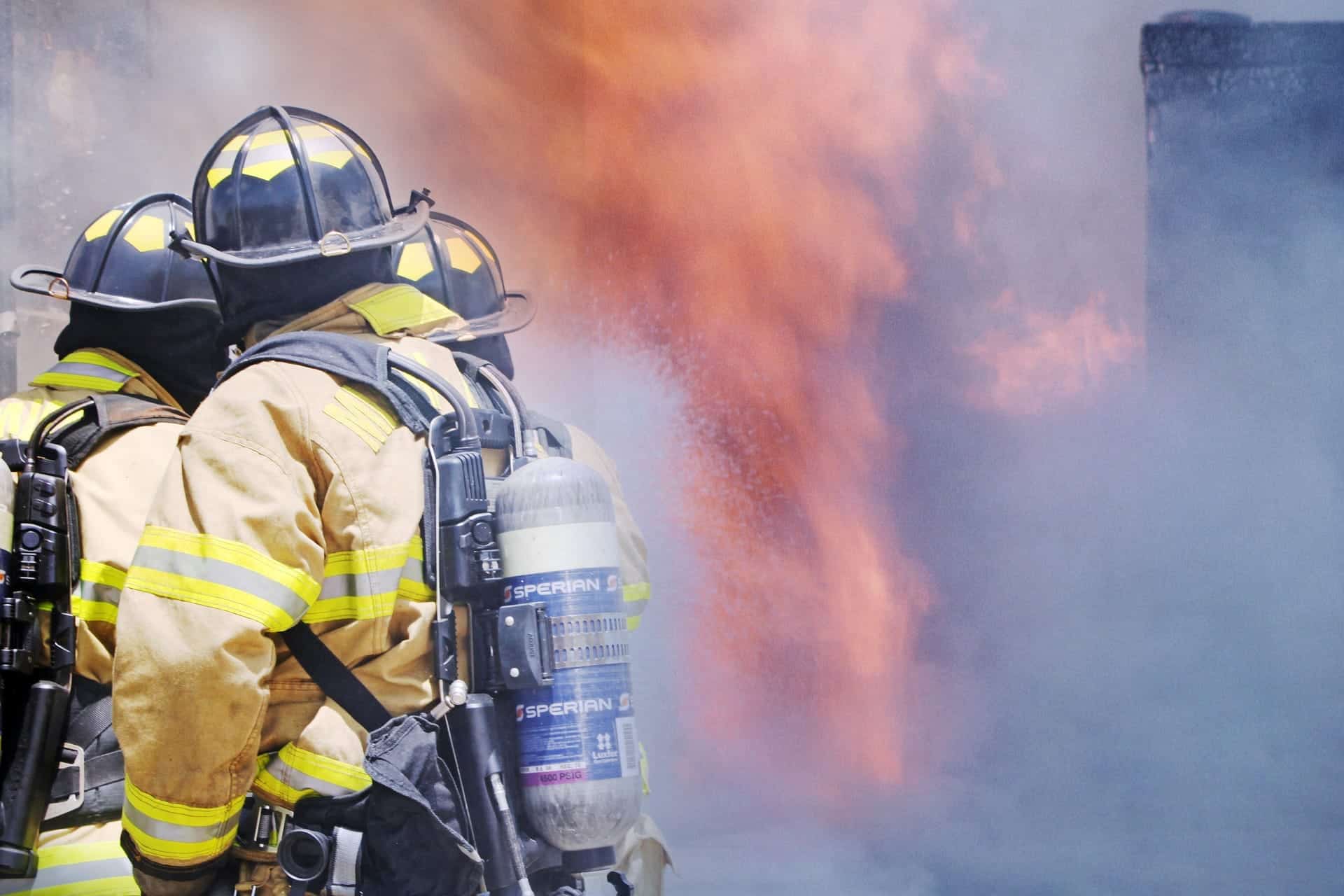

A new bill proposed in February is attempting to amend the Pennsylvania Workers' Compensation Act and would provide increased aid for first responders suffering from post-traumatic stress disorder (PTSD). If passed, supporters insist it will make an array of resources for first responders more available and - in turn - help save lives.
Finally, our state's bravest helpers would be the ones getting help.
The legislature, titled House Bill 432, would amend Section 301(g) of the PA Workers' Compensation Act to allow workers' compensation coverage for police officers, firefighters and EMT providers suffering from mental health issues as long as there is substantial evidence between a post-traumatic stress diagnosis caused by work exposure. This way, PTSD would be recognized as an occupational injury rather than a disorder - encouraging police officers, firefighters and EMS providers to assuredly seek mental health treatment, trusting that their job and compensation isn't in jeopardy.
The Bill would overturn the "abnormal working conditions" standard of the Workers' Compensation Act that requires proof of a "highly abnormal" experience based upon the employee's line of work. Hypothetically, a city police officer may not be eligible for workers' compensation benefits for PTSD symptoms stemming from a life-threatening exchange of gunfire with a suspect. Why? Because a dangerous shootout may not be considered an "abnormal event" for city cops working in high-crime areas where they commonly occur.
This isn't the first time state lawmakers have pushed for first responder PTSD compensation. In the last legislative session, the House of Representatives introduced House Bill 2664, which aimed to add a new sub-section to the Workers' Compensation Act addressing PTSD in certain first responders. It was met with opposition, however, and turned down by the committee.
It's no secret that first responders are highly exposed to traumatic experiences every day. It isn't just a matter of occupational injuries, either. In some cases, we're talking about lives being at stake. Whether it's a police officer pursuing violent criminals, a firefighter rushing into burning buildings or EMT personnel reviving a drug overdose victim, first responders are expected to weather high-stress situations on the job with fearlessness and composure. After the fact, these experiences often come back to haunt them.
Like many others in society, first responders internalize trauma in an attempt to maintain confidence. Admitting pain isn't easy, and - in their minds - it can cast doubt from their superiors or colleagues regarding their ability to perform their job responsibilities. However, internalizing these emotions can lead to the following detrimental mental health symptoms:
According to a study completed by the Ruderman Family Foundation, more first responders died by suicide (243) than in the line of duty (222) in 2017. The study found that PTSD rates among firefighters and police officers are as much as five times higher than the rate of the general population, with 18 reported suicides among every 100,000 firefighters and 17 reported suicides among every 100,000 police officers. Among civilians, the rate is considerably lower at 13 out of 100,000.
In conclusion, H.B. 432 would strive to remedy the glaring issue by helping our first responders find the peace they so greatly deserve.
Our team at Dugan & Associates will continue to monitor the proposed legislation in order to keep you informed. We hold an enormous amount of respect for Pittsburgh's first responders. If you or someone you love puts their life at risk every day, we're ready to handle your case! Under Mitch Dugan's lead, we will ensure you receive the maximum monetary compensation available to you.
Give us a call at 412-353-3572 or contact us online today to schedule a FREE consultation!
"*" indicates required fields